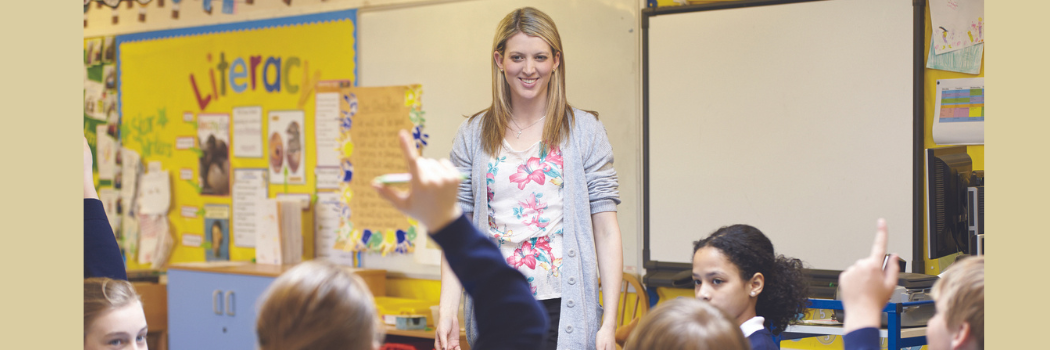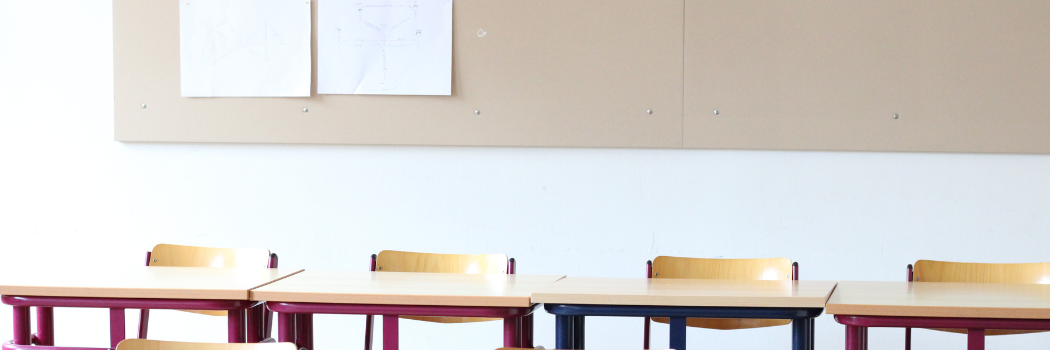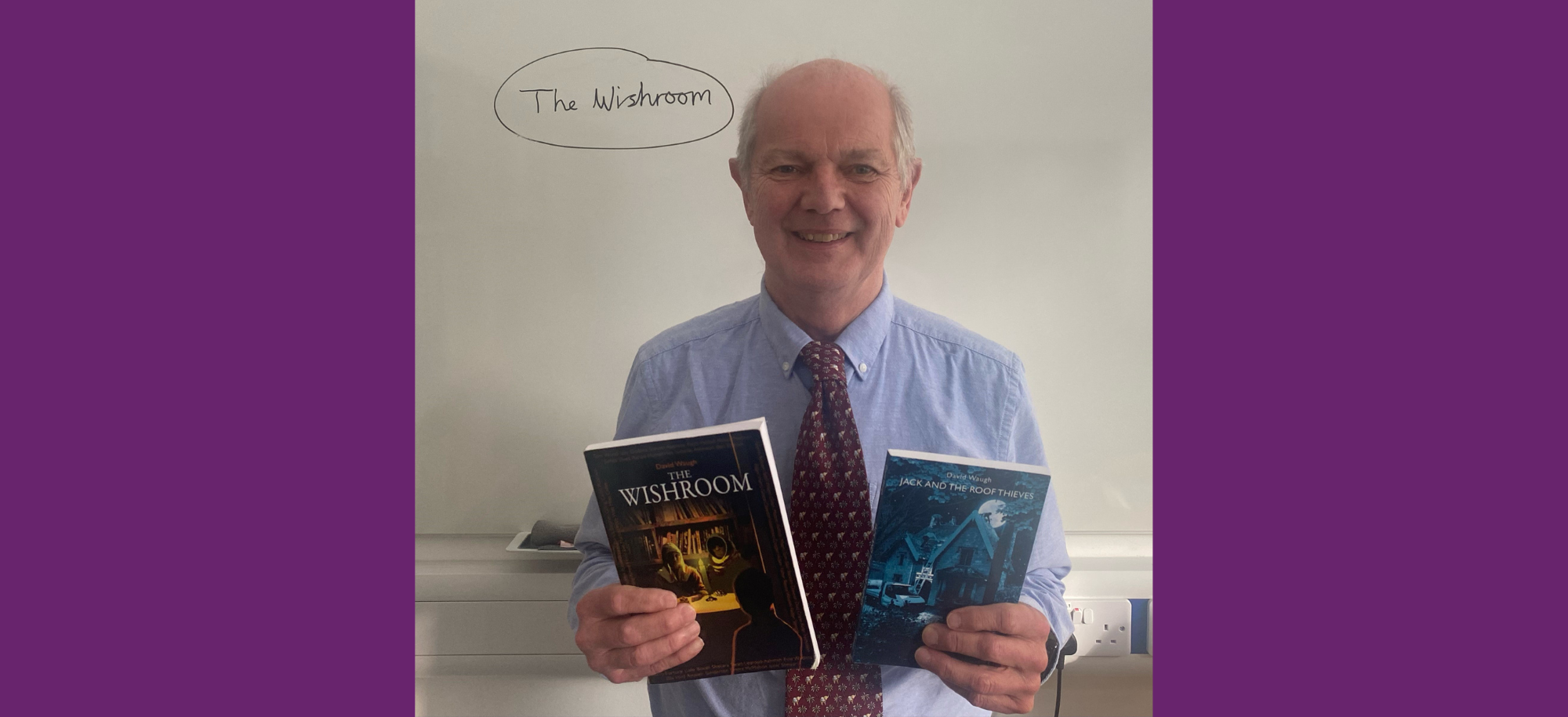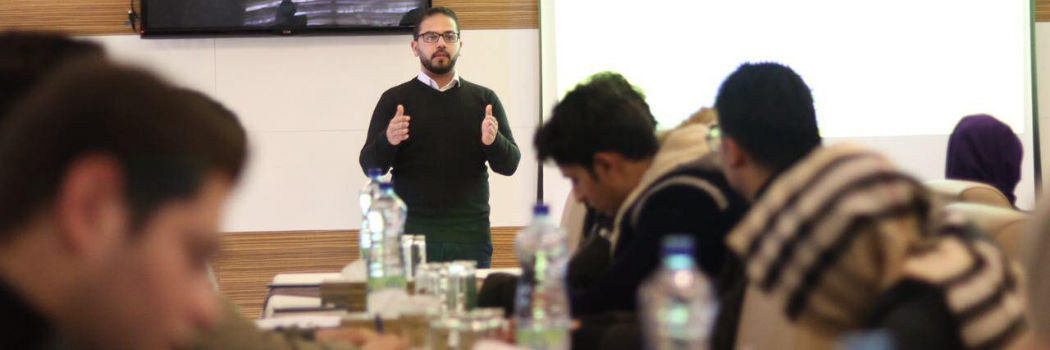Latest News
We have a new Director for MA Education
We’re delighted to announce Dr Louise Gascoine as the new Director for our MA Education programme. Louise will convene an undergraduate module that focuses on mental health and wellbeing in education, in addition to supervising doctoral theses.
International Literacy Day: How picture books can open up discussion about social media with children
Should we ban young children from social media? Do children know the pitfalls of TikTok, Instagram and Snapchat? To coincide with the celebration of International Literacy Day, we talked to Dr Cristina Costa, from our School of Education, who has been working on a digital literacy project with children at a County Durham primary school. She explains how her project co-producing picture books about social media topics with children can help to better understand how young people view social media.
Misconceptions about dyslexia among professionals risk children being misdiagnosed
Our education experts have found that misconceptions about dyslexia are held by professionals who assess children for the learning difficulty.
After teachers in England receive pay award – here’s what else needs to be done to keep them in schools
After the UK's Education Secretary Bridget Phillipson accepted recommendations to give teachers in England a 5.5% pay rise, Professor Stephen Gorard from our School of Education and Beng Huat See from the University of Birmingham explore what else can be done to keep teachers in the profession.
Addressing geographic inequalities in UK education
We're part of a new £1.4million project investigating geographic education inequalities across the UK.
Labour’s plan to tax private school fees has drawbacks – but it could be better for society
The Labour party has confirmed its intention to end this VAT exemption for private schools if elected to government. Professor Stephen Gorard, from our School of Education, has assessed the pros and cons of what this would mean for the British public if implemented.
Engaging children with literature is the key to get them reading
On World Book Day, Thursday 7 March, Professor David Waugh, from our School of Education, discusses his approach to how he goes about getting children engaged with reading.
Durham research has a lasting global impact
We have launched a new Global Research Brochure where we shine a light on some of our incredible researchers who are making a difference in the world.
How educational scholarships can help create long lasting peace
The sixth United Nations International Day of Education will be celebrated on Wednesday 24 January, with a theme of ‘learning for lasting peace’. Our PhD student Anas N. Almassri is exploring how Palestinians receiving scholarships are using these educational opportunities to build everyday peace.
Girls less likely to be diagnosed with special educational needs – new research
Dr Johny Daniel, Assistant Professor in our School of Education, discusses his research into why girls are less likely to be diagnosed with special educational needs.
Why are so many graduates shunning teaching? Pay – but not bonuses – could be the answer
Professor Stephen Gorard and Professor Beng Huat See from our School of Education explain how their research suggests that rather than putting money into bonuses for new teachers, the government should focus on improving the overall financial rewards of teaching to increase the number of applications to teacher training.
Helping schools face the challenges of staff recruitment and retention
Our researchers at the School of Education have contributed to a series of reports aimed at helping schools in disadvantaged areas attract and retain high-quality teachers.


/prod01/prodbucket01/media/durham-university/departments-/education/Books-Banner.jpg)











